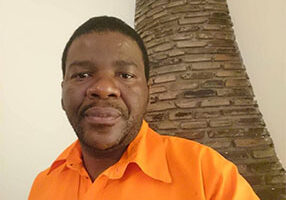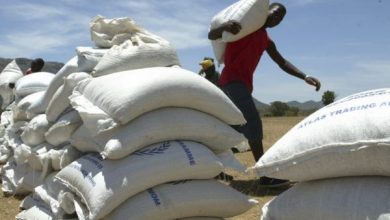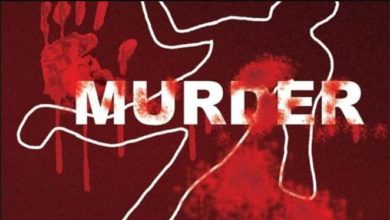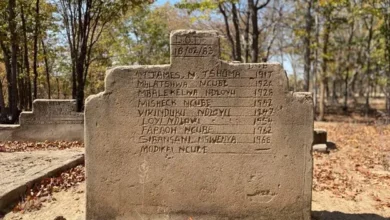Joshua Nkomo former driver sues govt for Gukurahundi injuries
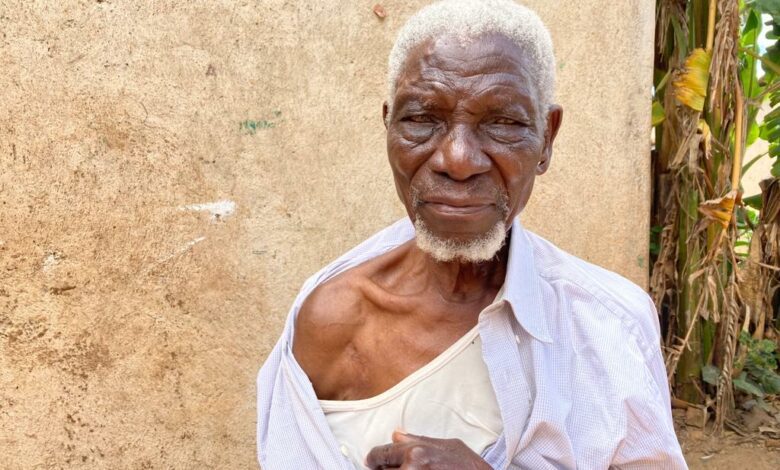
Ninety four-year-old Yonah Ncube, who served as a personal driver to the late nationalist, Vice President Joshua Nkomo, is suing the state and seeking reparations after he was shot by a Fifth brigade soldier at Nkomo’s home in Pelandaba Suburb in 1983.
“It was on 5 March 1983 when a soldier shot me point blank on the right side of my chest. I remember losing a lot of blood. I want them to pay me for my blood. They can estimate the amount of blood I lost and calculate its cost,” he told CITE in an interview at his sister in law’s house in Nketa suburb on Saturday.
Ncube said he was seeking justice for the emotional distress, trauma and injury he suffered.
“I need closure, as I have been traumatised all my life since that day. I was 55 then and ever since I was unable to work,” Ncube said, adding the matter has also been taken to the National Peace and Reconciliation Commission (NPRC) for attention.
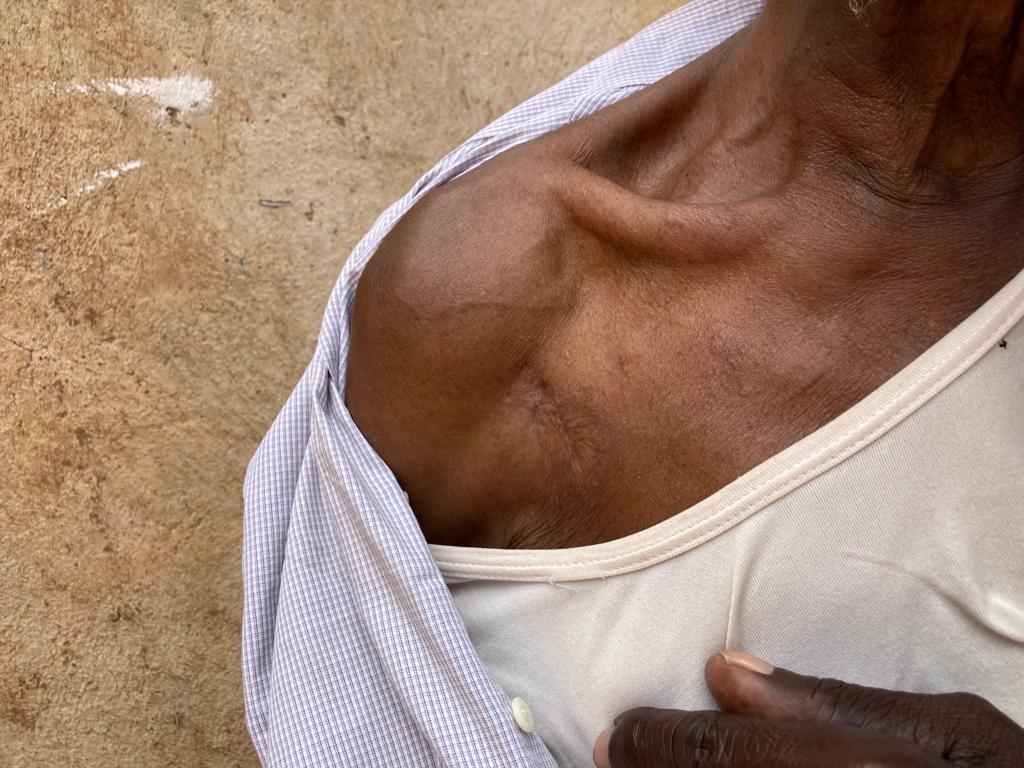
The NRPC, one of Chapter 12 independent commissions, is mandated by Zimbabwe’s constitution, Part 6, Sections 251- 253 to make sure there is post-conflict justice, healing and reconciliation.
NPRC Spokesperson, Advocate Obert Gutu, who also chairs the Complaints Handling and Investigation, Legal Services Thematic Committee confirmed receiving the matter.
“Yes the complaint is duly received and our secretariat is on the ground investigating. I don’t want pre-empt the case,” he said.
Ncube was a member of ZAPU from 1961 and later became a branch chairman in Kitwe, Zambia where he worked to recruit members of the party. Later on, Ncube was deployed to the general pool of drivers.
At independence, ZAPU deployed him to be the party’s president driver and received his salary directly from Nkomo.
“On March 5, 1983, we heard a helicopter flying above announcing that Bulawayo was surrounded and everyone was commanded to stay home. I and other workers were at Nkomo’s house in Pelandaba in the afternoon when soldiers arrived with the support unit and searched the whole house. Many more surrounded the house and we wondered what they wanted. That afternoon I sent my son to a neighbour’s house because I had an uneasy unfeeling,” he narrated.
Ncube said that evening one soldier returned back and found him by himself.
“The soldier questioned me in Shona demanding to know where Nkomo was,” he said.
“I told him I did not know, suggesting perhaps he was at his farm in Kezi. The soldier accused me of lying, insisting I knew Nkomo’s whereabouts and commanded us to search the house.”
The soldier ransacked the wardrobes, turned the beds upside down – removing blankets and mattresses, suspecting Nkomo could be hiding there, Ncube narrated.
“The soldier then saw a locked room. He instructed me to open and ransack it, the same way as the other rooms. As I was trying to reach for the mattress, the soldier told me, ‘I am now shooting you,” he said.
Ncube noted he quickly turned to face the soldier, firstly to understand what he had just heard and secondly, to show that he was not running away from him in case the soldier informed others he was escaping.
“I looked at him and the soldier shot me on the right side of my chest. I collapsed,” Ncube said.
“The soldier assuming, I was dead, closed the door and left.”
When Ncube gained consciousness, he tried standing up and struggled to reach the back of the main house where he collapsed again facing upwards, with his left hand on the bleeding wound.
“I was left for dead but was recovered by the police’s support unit who came with one soldier and dragged me by my legs until I raised my hand to show I was alive. They carried me to their vehicle and inside the van I found another male corpse and we drove to Mpilo where I went straight to the theatre,” he said.
Ncube was taken to Mpilo Central Hospital for treatment where he was admitted for two months under police guard.
The day after Ncube’s shooting, a state newspaper reported that Nkomo’s driver who was armed with a gun had been shot and killed, reports he denies.
After he was discharged, Ncube was taken straight to jail at West Commonage Police Station where he spent almost two months but no docket was opened, neither was a statement or his fingerprints taken.
“I was denied access to physiotherapy and a medical review,” he said.
Ncube questioned what his fate would have been had he died that day.
“Would I have been like that male corpse in that van, with no documentation? What was his name? Was he buried? What happened to him? Do his family know what happened to him or are they still searching for him?” he quizzed.
The emotional strain of this incident was triggered when Ncube heard the news of President Emmerson Mnangagwa talking about reconciliation.
“How do we reconcile? I want to know why that soldier shot me,” he said.
Ncube believes that compensation might make living a lot better for him, his wife and his family but it may not erase the emotional scars or the physical injuries he lives with.
“I demand to be paid US$2.9 million as reparations,” he said.
His lawyers, Webb, Low and Barry, however, have revised the figure down to US$30 000 broken down as follows: US$10 000 for loss of employment, US$20 000 for pain and suffering.



